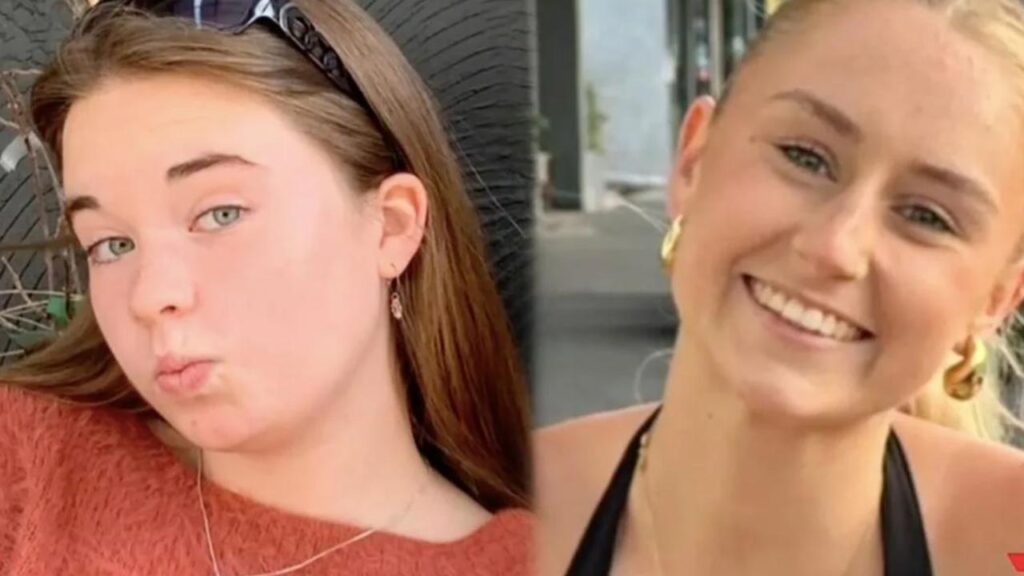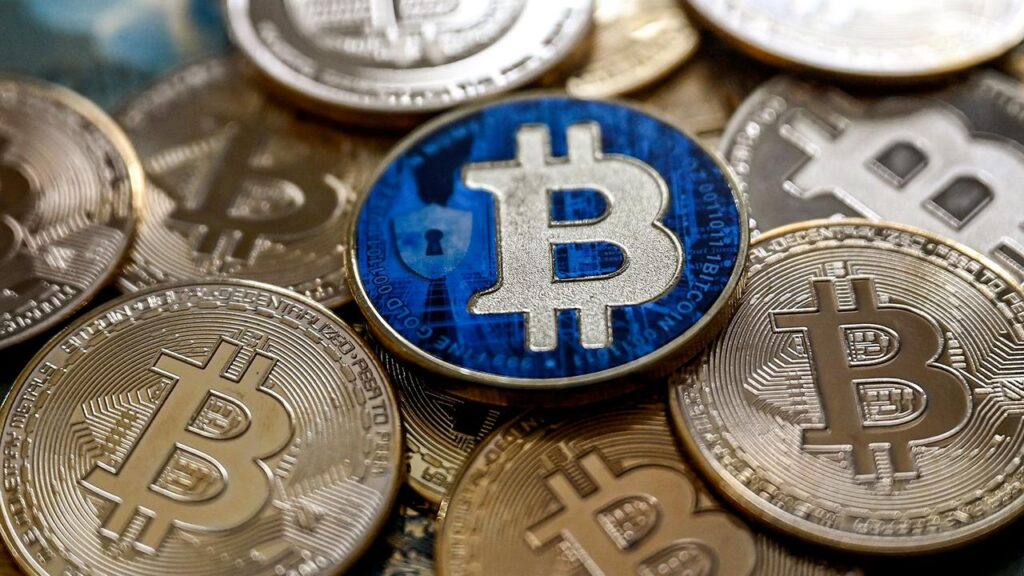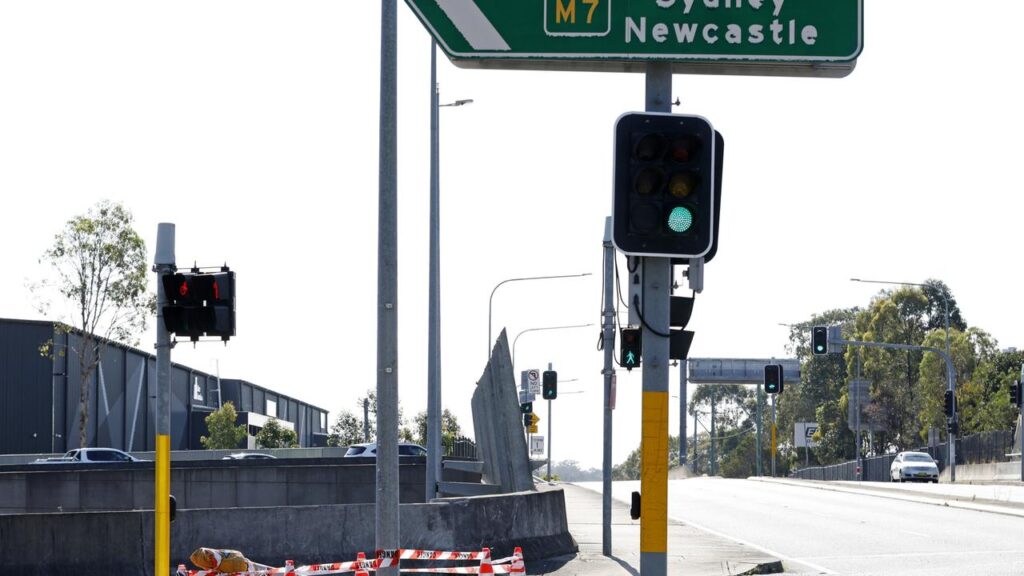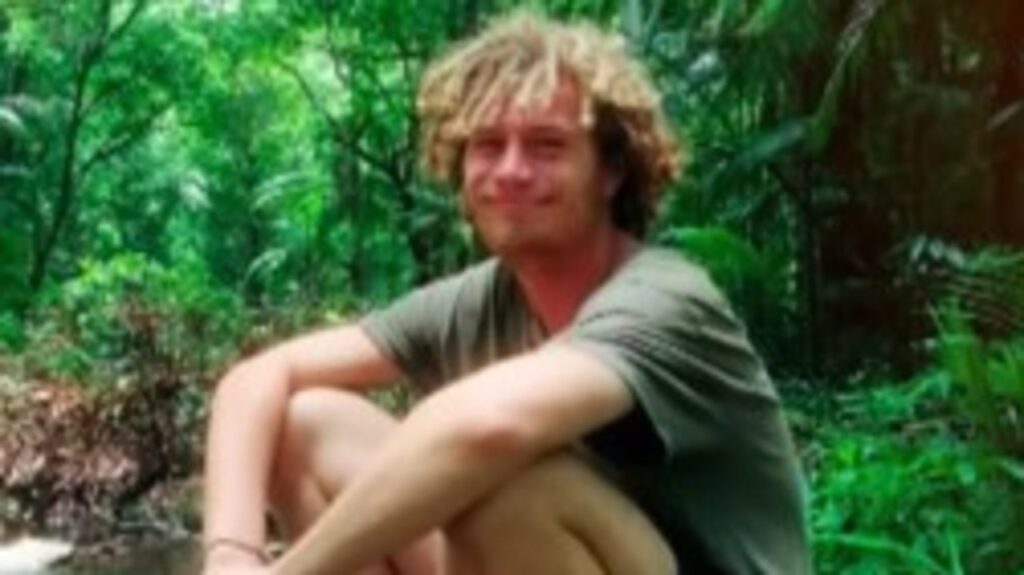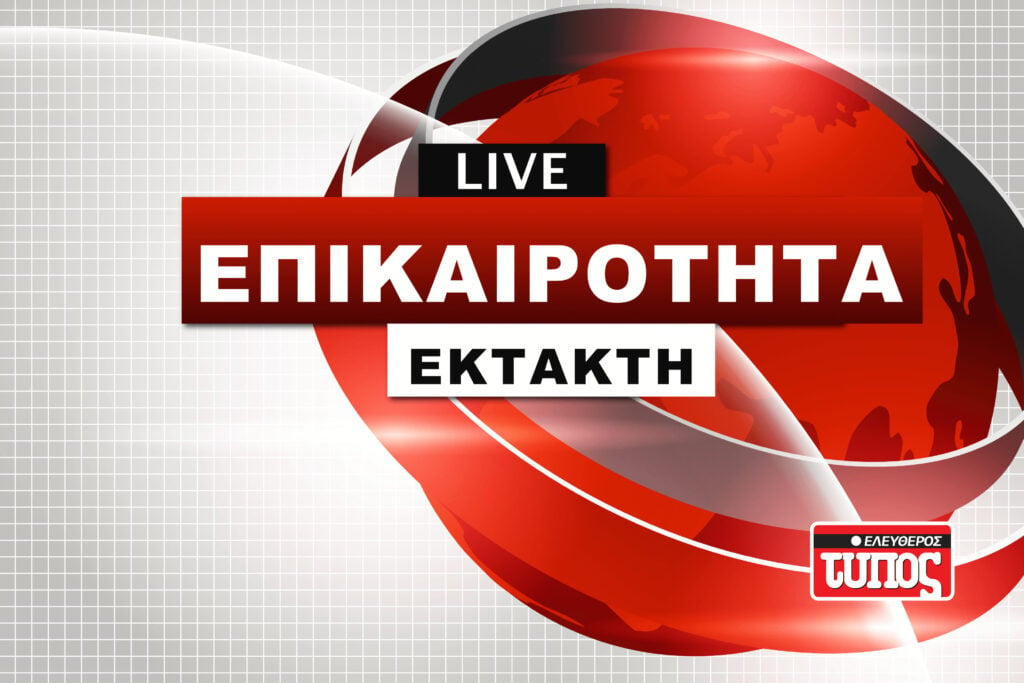Push to ban social media for kids
Written by admin on May 26, 2024
A grieving father has revealed his teenage daughter’s disturbing search history before she took her own life, claiming social media preyed on his daughter’s vulnerability about her understanding of a healthy life.
Fitness coach Robb Evans made the disturbing revelation on Nine’s 60 Minutes, telling the program his daughter Liv believed what she was seeing online over what he told her about living a healthy life.
Mr Evans claimed the social media giant Instagram preyed on his daughter “whether intentional or not”, leading to the shocking act after a culmination of anorexia, triggered by schoolyard bullying.
It comes amid calls for social media to be banned for teenagers across Australia, as two US states prepare to enforce new rules for thousands of kids online.
“People that are saying, I’m healthy and I live off 200 calories a day,” Mr Evans told the program
“I said, ‘Liv, they’re lying’.
“I said, ‘you have to understand that these people might be saying they’re healthy’ but I said ‘you cannot survive on 200 calories a day and this is the reason why’.”
Mr Evans said Australia should ban kids from social media apps.
“I would liken where we are now to when we made the changes to the gun laws,” he said.
“Yeah, it’s going to have some backlash, but we need to do this.
“It’s the right thing to do and you just have to make a stand.
“Instagram provides the perfect platform for people that are vulnerable to feel worse.
“I mean, it’s got a lot to answer for, for sure.”
American social psychologist and author Jonathan Haidt said there were key links to social media use and the rise of teenagers suffering from mental health issues.
“We have an international epidemic of depression, anxiety, self harm, and suicide,” Mr Haidt told 60 Minutes.
“What we saw was the almost instantaneous transformation of childhood into a form that I think is incompatible with healthy human development.
“Something happened in the early 2010s that sent teen mental health spiralling downward.”
Mr Haidt said studies found teenagers across the world were experiencing higher levels of mental health issues than generations before them.
“Something happened globally that sent mental health spiralling down,” he said.
“The only theory on the table for why you’d have a global change is the massive change in their daily lives when they adopted a phone-based childhood based on having a smartphone, the front facing camera, social media, and high-speed internet.
“They spend more time on it and they’re much more harmed by it.
“Chronic social comparison, all the other girls look better than you.
“They’re all using filters or carefully edited photos.”
Meta – the owner of Facebook and Instagram – has said it’s taken action to find and take down harmful social media content.
Earlier this year, the company announced they would start to hide more types of content for teenagers and would place their accounts on the the most restrictive content control settings.
“We regularly consult with experts in adolescent development, psychology and mental health to help make our platforms safe and age-appropriate for young people, including improving our understanding of which types of content may be less appropriate for teens,” Meta said in a statement.
“While we allow people to share content discussing their own struggles with suicide, self-harm and eating disorders, our policy is not to recommend this content and we have been focused on ways to make it harder to find.
“We already hide results for suicide and self harm search terms that inherently break our rules and we’re extending this protection to include more terms.”
This global crisis has triggered politicians in Florida to call for a ban on teenagers having access to social media for children under 14, while 15 and 16 year olds will need parental consent.
Texas has also recently legislated parental consent will be required before a user under the age of 18 can open an account.
Communications minister Michelle Rowland says the Australian government will be closely monitoring how these bans work and whether its effective.
“One of the key questions here is around enforceability, around the incentives and around actually getting the platforms to comply with these rules, and that includes whether the penalties are sufficient,” Ms Rowland told 60 Minutes.
“We are considering all the available options.
“We will continue to closely examine what is happening in Florida.
“If it does work and it does have the desired effect that it’s certainly something that we’ll take on board.”
It comes after South Australia also moved to ban social media for children under the age of 14.
The state government has appointed former High Court chief justice Robert French to conduct a legal examination into banning accounts for children.
Mr French will examine what regulatory and technological “pathways” the government might pursue to institute its prohibition.
The government’s policy would also require parental consent for children aged 14 and 15.
Meanwhile in NSW, Premier Premier Chris Minns said summit will be held in October “to address the increasing harm online platforms are having on children and young people”.
Environment minister Tanya Plibersek said the government were taking kid’s mental health seriously.
“You forget how short time this stuff’s been around, really, like the first iPhone 2007, social media really kind of taking off 2009,” Ms Plibersek told 2GB.
“It’s not that long ago.
“In that time, we’ve seen really dramatically bad results for kids’ mental health and wellbeing.
More Coverage
“We really are seeing numbers skyrocketing.
“Now, I can’t say one exactly causes the other, but there’s certainly a link there, and it was there even before Covid.
“A lot of people are saying kids are isolated because of Covid but this was already apparent before Covid.”

